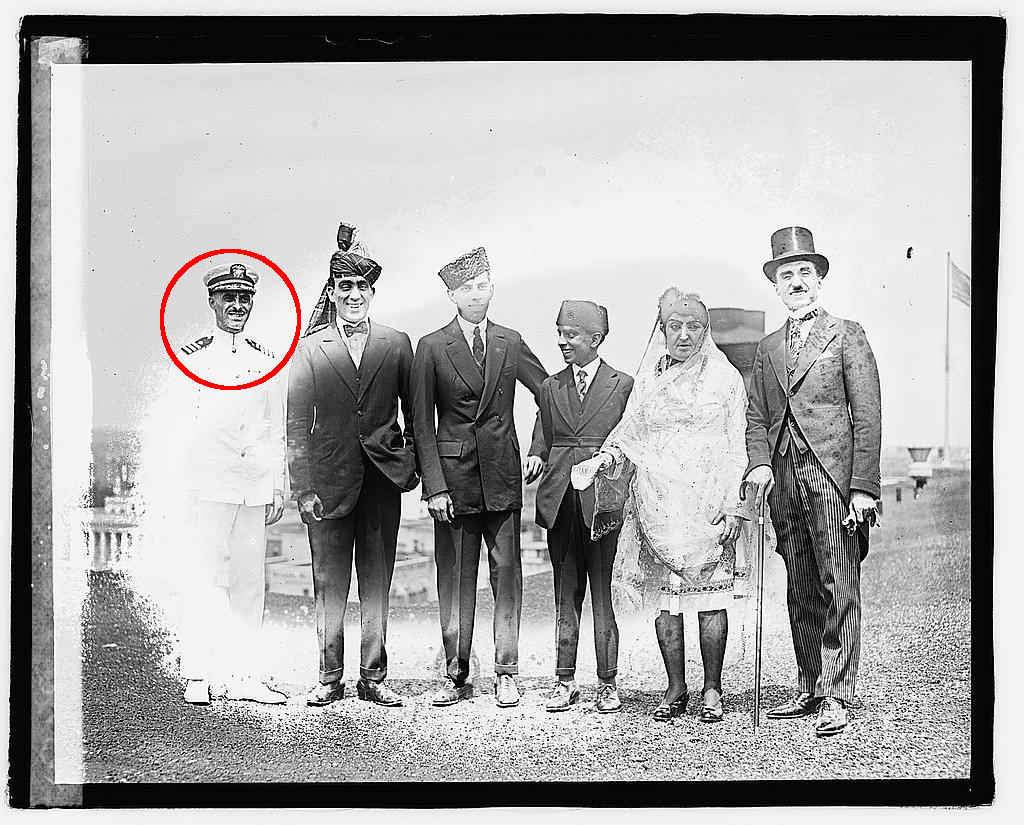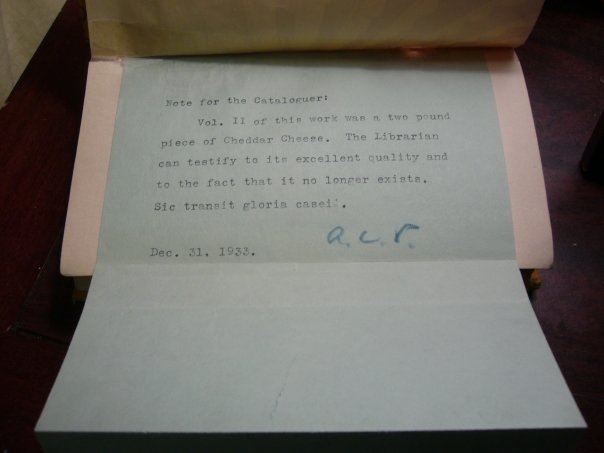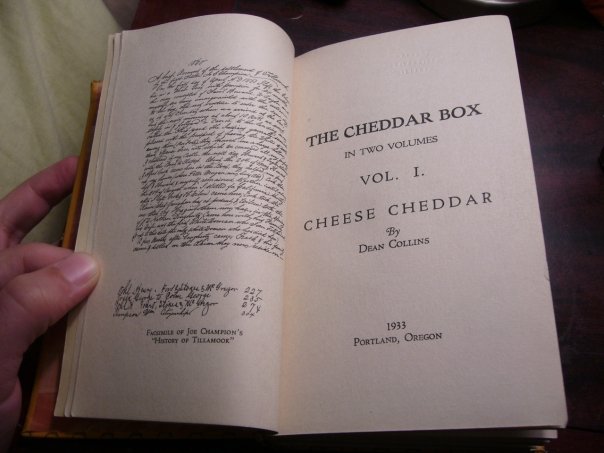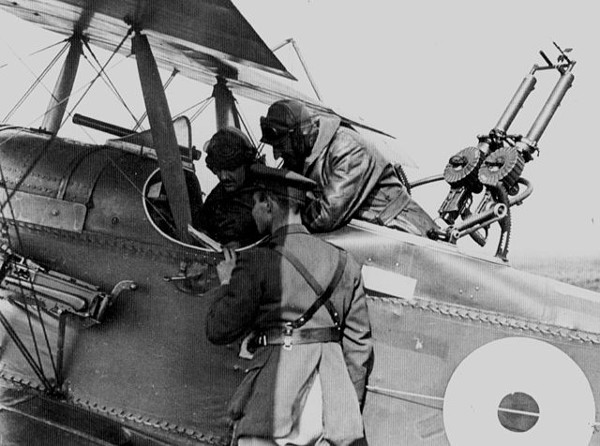
On Mother’s Day, May 14, 1939, Cleveland Indians pitcher Bob Feller took his mother to Comiskey Park to see him pitch against the Chicago White Sox. Lena Feller, who had traveled 250 miles from Van Meter, Iowa, with her husband and daughter, sat in the grandstand between home and first base and watch her son amass a 6-0 lead in the first three innings.
Then, in the bottom of the third, Chicago third baseman Marvin Owen hit a line drive into her face.
Feller was following through with his pitching motion and saw it happen. “I felt sick,” he wrote later, “but I saw that Mother was conscious. … I saw the police and ushers leading her out and I had to put down the impulse to run to the stands. Instead, I kept on pitching. I felt giddy and I became wild and couldn’t seem to find the plate. I know the Sox scored three runs, but I’m not sure how.”
The injury was painful but not serious. Feller managed to win the game (9-4) and then hurried to the hospital. In his 1947 autobiography, Strikeout Story, he wrote, “Mother looked up from the hospital bed, her face bruised and both eyes blacked, and she was still able to smile reassuringly. ‘My head aches, Robert,’ she said, ‘but I’m all right. Now don’t go blaming yourself … it wasn’t your fault.'”










